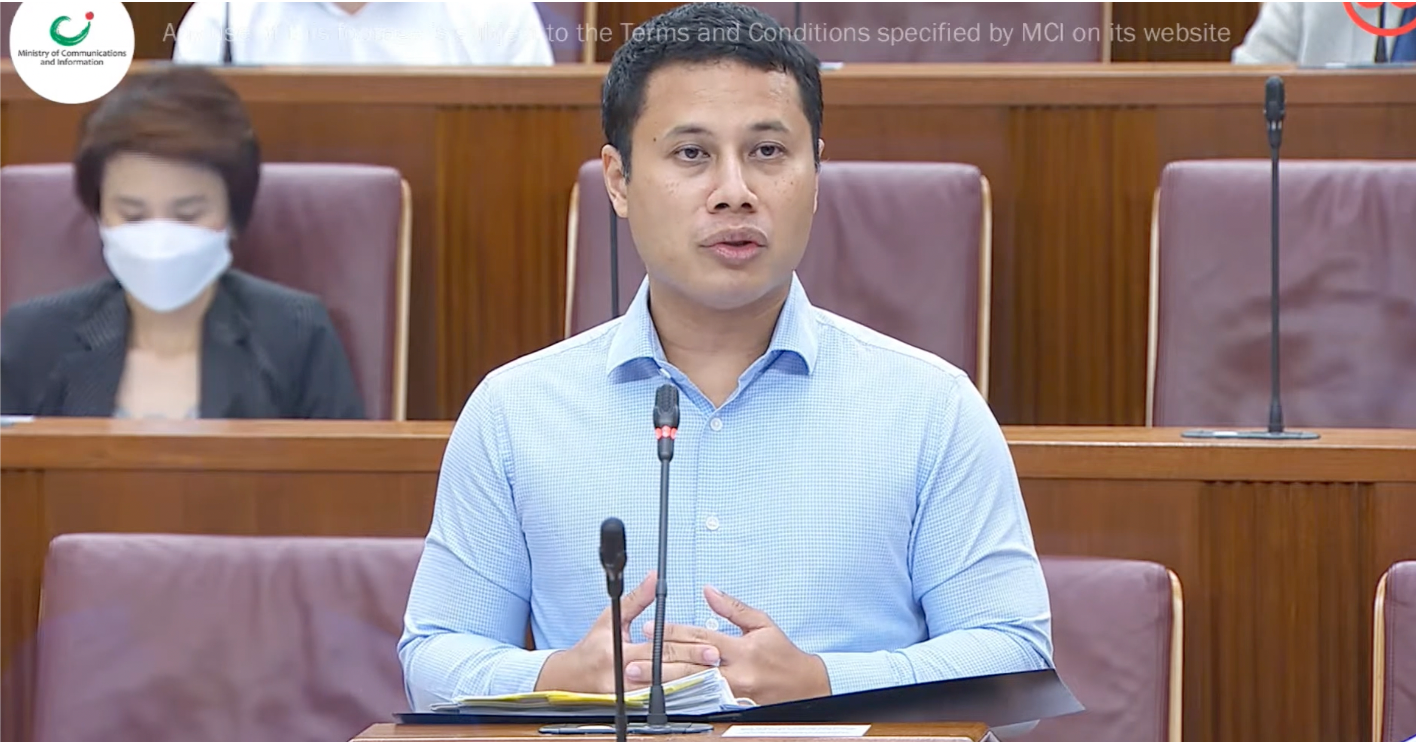National Development Minister Desmond Lee explained and defended the Ethnic Integration Policy (EIP) in housing in Parliament on July 5, citing it as one of Singapore's key policy to foster interaction between people of different ethnicities and promote racial harmony.
Answering questions on the EIP submitted by PAP Members of Parliament Chong Kee Hiong and Cheryl Chan, Lee started with a history lesson of how the EIP came to be.
- The British segregated communities by race when they were in power.
- Upon independence, the government did not want segregation, nor a "melting-pot" ideal where the different races were forced to blend or conform to a new culture.
- The idea is to respect and celebrate differences while enlarging common space.
Housing policy was aimed at encouraging interaction, as estates reflected the ethnic make-up of the country and helped people of different races to interact and bond.
"While we controlled the allocation of new flats quite carefully, we did not initially place similar restrictions on resale transactions, which were first allowed in 1971," said Lee.
He noted that as more resale transactions took place, ethnic concentrations started to emerge once more in particular areas. For example, there were more Chinese buyers in Ang Mo Kio and more Malay buyers in Bedok and Tampines.
Without intervention, the government would be anticipating ethnic enclaves forming again, Lee said. So the EIP was introduced in 1989 for both new and resale flats.
How the EIP works
The EIP caps the proportion of flats in each HDB block and neighbourhood that can be owned by households of each ethnic group.
The limits are set based on the ethnic proportions of the general population, with an allowance for some local variation in each block and neighbourhood.
EIP limits are regularly reviewed to reflect national demographics. Inter-ethnic households can choose which one suits their purposes.
Lee acknowledged that people may have reasons for staying with people of the same race, such as being closer to family (which as Vin Diesel teaches us, is very important indeed).
However, Lee said that recent racist incidents have shown that the work to fight racism continues, and said the EIP is an important part of that effort.
Is the EIP still relevant?
Lee shared that currently, almost one out of every three HDB blocks and 14 per cent of HDB neighbourhoods had reached one or more of the EIP limits. He said:
"So just imagine how much more the different ethnic groups would concentrate in different neighbourhoods, if we did away with the EIP.
And how much harder it would then become, to promote mixing and understanding across ethnic groups in the home environment."
While some might argue living next door to someone of a different race may not guarantee better tolerance, so much of our lives revolves around our homes and neighbourhoods, which helps encourage interaction.
Lee said integration should not be left up to chance, and the government should intervene before racial tensions have developed and become entrenched, which makes healing fractures much harder. He cited overseas examples where societal divisions have hardened along racial or ethnic lines, and a version of the EIP was not politically feasible to implement, even if the leaders wanted to do it.
Lee shared that from the government's engagement on the matter, most agreed that the EIP is an important scheme. Citing a recent REACH survey, over 60 per cent of Singaporeans agreed that implementing racial quotas in public housing was an important way of promoting integration.
Similar levels of support were seen across the different racial groups.
Addressing pain points, people may feel aggrieved
However, Lee also addressed "pain points" of the EIP.
He recognised that it shrinks the pool of potential buyers for a family looking to sell their flat, which may force them to accept lower offers, or wait longer for a better offer.
He said this happens across all races, but his ministry sees more appeals from minority races, as the majority Chinese buyers form a larger proportion of the market, simply from the demographic mix of society.
Lee said those who are financially affected may feel aggrieved, but added that HDB exercises flexibility on a case-by-case basis, such as giving more time to sell the flat, or waiving the EIP limits in exceptional circumstances.
Top image from MCI's YouTube channel.
If you like what you read, follow us on Facebook, Instagram, Twitter and Telegram to get the latest updates.
